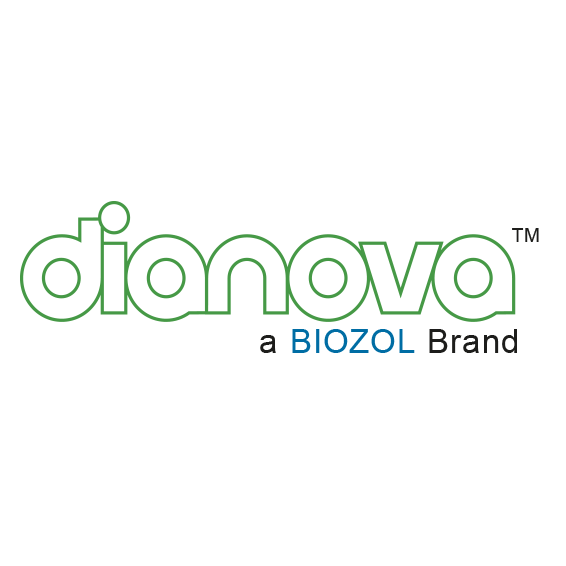Anti-TPO (Hu) aus Ziege (Klon: pAk) – unkonj.

-
Übersicht
Artikelnummer CYT-075432 Spezifität Spezies-Reaktivität Wirtsspezies Isotyp Klon Klonalität (Mono-/Polyklonal) Anwendung ELISA (Enzyme Linked Immunosorbent Assay), Inhibition/Neutralisation, Western Blot
Konjugation Zweckbestimmung Temperatur - Lagerung Suchcode Hersteller / Marke -
Weitere Produktinformationen
Thrombopoietin (Tpo), is a key regulator of megakaryocytopoiesis and thrombopoiesis. It is principally produced in the liver and is bound and internalized by the receptor Tpo R/cmpl. Defects in the TpoTpo R signaling pathway are associated with a variety of platelet disorders. The 353 amino acid (aa) human Tpo precursor is cleaved to yield the 332 aa mature protein. Mature human Tpo shares approximately 70% aa sequence homology with mouse and rat Tpo. It is an 80-85 kDa protein that consists of an N-terminal domain with homology to Erythropoietin (Epo) and a C terminal domain that contains multiple N linked and O linked glycosylation sites. Tissue specific alternate splicing of human Tpo generates multiple isoforms with internal deletions, insertions, and/or C-terminal substitutions. Tpo promotes the differentiation, proliferation, and maturation of MK and their progenitors. Several other cytokines can promote these functions as well but only in cooperation with Tpo. Notably, IL3 independently induces MK development, although its effects are restricted to early in the MK lineage. Tpo additionally promotes platelet production, aggregation, ECM adhesion, and activation. It is cleaved by plateletderived thrombin following Arg191 within the Cterminal domain and subsequently at other sites upon extended digestion. Full length Tpo and shorter forms circulate in the plasma. The C-terminal domain is not required for binding to Tpo R or inducing MK growth and differentiation. Aside from its hematopoietic effects, Tpo is expressed in the brain where it promotes the apoptosis of hypoxiasensitized neurons and inhibits neuronal differentiation by blocking NGF induced signaling.
Kontakt
